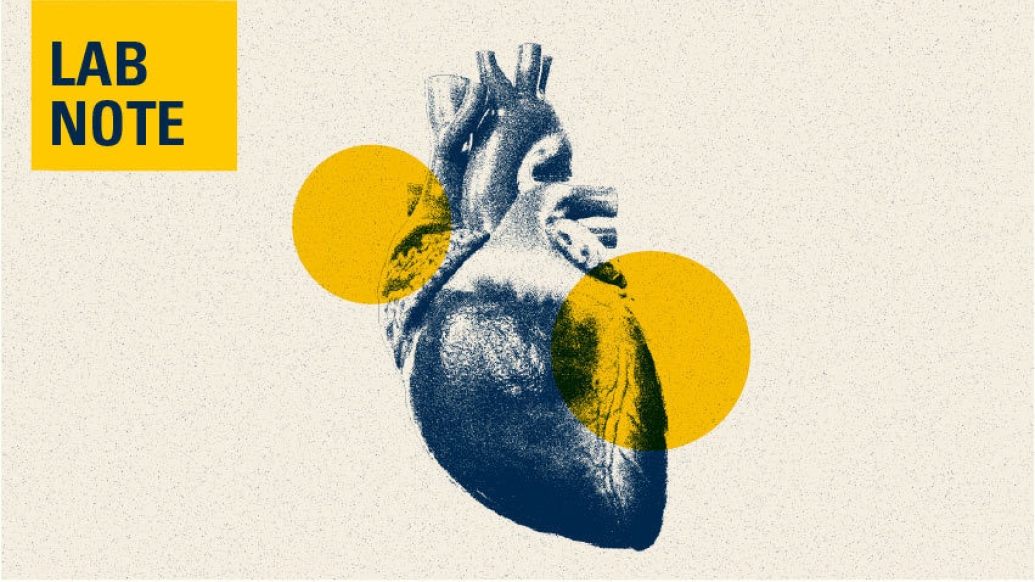Heart attacks mean energy deprivation. Could a fatty acid found in energy drinks, then, help recovery?
9:48 AM
Author |

A medium-chain fatty acid found in energy drinks might one day help protect against heart attack injuries.
"Heart attacks are still a leading cause of death worldwide, that often come with devastating complications," said Zhong Wang, Ph.D., an associate professor of cardiac surgery at the University of Michigan Frankel Cardiovascular Center, who is the senior author on a recent preclinical study in eLife. "Better options are needed to reduce injury to the heart after a heart attack, and even improve heart function. In this publication, we target the interplay between energy metabolism and epigenetics mediated by the medium chain fatty acid 8C."
Wang and colleagues were able to protect against heart attack injury in rat models with octanoic acid, an eight carbon (8C) medium chain fatty acid, as well as a few other metabolites. Those fatty acids produced acetyl-CoA, a building block for energy metabolism, which a stressed heart desperately needs.
The idea is that a physician would administer this therapy to a person once they arrive at the hospital after having a heart attack, to reduce further injury and improve heart function during recovery, he says.
"Understanding the crosstalk between energy metabolism and epigenetics may not only provide an effective target for myocardial infarction, but also have broad implications in other ischemic injury-caused organ damage beyond cardiac diseases," said Ienglam Lei, Ph.D., from the Frankel CVC's Department of Cardiac Surgery and the University of Macau in China, who conducted the study's key experiments.
Wang says the next step would be to test this molecule in large animal models, followed by clinical trials. The research team has been studying the epigenetic regulation of heart attack for more than 10 years.
This work was supported by the National Institutes of Health (HL109054 and HL139735), an inaugural grant from the Frankel Cardiovascular Center, an MCube grant from University of Michigan, and a pilot grant from the University of Michigan Health System – Peking University Health Sciences Center Joint Institute for Clinical and Translational Research. The Frankel CVC Physiology and Phenotyping Core performed all echocardiography examination, while U-M's Proteomics Resource Facility performed the Mass Spectrometry analysis.
The content is solely the responsibility of the authors and does not necessarily represent the official views of the National Institutes of Health.
Paper cited: "Acetyl-CoA production by specific metabolites promotes cardiac repair after myocardial infarction via histone acetylation," eLife. DOI: 10.7554/eLife.60311

Explore a variety of health care news & stories by visiting the Health Lab home page for more articles.

Department of Communication at Michigan Medicine
Want top health & research news weekly? Sign up for Health Lab’s newsletters today!





